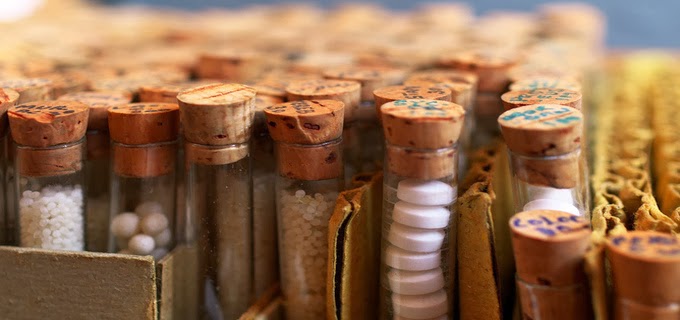Coccus Cacti is commonly used in the treatment of
day-to-day superficial and short-lived ailments. Yet, it is a profoundly active
medicine with the capability of curing chronic illnesses within its jurisdiction.
So it should not only be taken as a simple, temporary type of remedy.
In Coccus, all the discharges are sticky long and
threadlike. The threadlike pus resembles wool or a woven rope. The presence of similar
type of expectoration in whooping
cough is suggestive of Coccus Cacti. In this way, Coccus is like
Kali Bichrome which it resembles in the sense that its expectoration is also
sticky and thready, and it is also useful in whooping cough.
Coccus patients remain sick during the winter season and
do not get better until the onset of summer. They cannot get rid of cold and catarrh.
If the nasal discharge is threadlike, then Coccus should be utilized without
hesitation. In fact, it works promptly, effectively and for a long time. The cough and the cold become
worse in a warm room, while the cold and cold water relieve them however the symptoms
recur soon. This contradicting behaviour of the remedy should always be
remembered. Body heat resulting from exercise proves harmful. Exposure to cold
establishes the ailments deeply, while inner heat also aggravates the symptoms.
Sometimes, external heat may also make the symptoms worse.
The difficulty in breathing experienced while making an
ascent is due to the accumulation of sputum in the chest. It is not related to
the weakness of the heart. Once the patient vomits out the expectoration, the
chest feels light and going up heights will not be difficult anymore.In Coccus, the cough arises out of the need to expel the
expectoration (which causes spasm in the throat). The distinguishing sign
of Coccus is the sensitivity of skin and inner linings, resembling the
plant ‘Touch-me-not’, which withdraws on touch. Sensitivity of the
throat is a special symptom of the Coccus ailment. In Coccus,
there is sometimes difficulty in swallowing also. In Coccus the urinary symptoms such as the urgent need to
urinate, passing small brick red particles and gravel in the urine, and the presence
of uric acid causing a stabbing type of pain from the kidney down to the
bladder (renal colic), are of great importance. Sometimes the urination may
suddenly stop altogether. Regarding the
symptoms in women, menstrual blood is thick, dark and contains large blood
clots. This may be associated with an inability to pass urine (i.e. retention
of urine). The periods become interrupted, resuming only at night.
After the running nose stops, the yellowish sticky
secretions stick inside the nose. After blowing the nose, the inner lining
feels as if it is burning. The patient feels extremely thirsty. Mental
depression, solitude and silence or excessive talking, are also the symptoms of
Coccus (like Lachesis). In Coccus, the catarrh can also affect the stomach,
intestines and inner linings.





